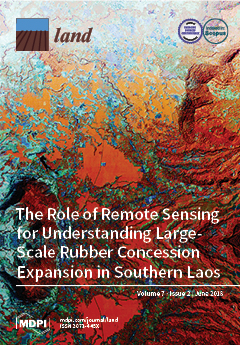Resource information
This article asks how Nyangatom pastoralists currently make sense of the past, present and future of their pastoralist livelihood. Nyangatom pastoralists, like all agro-pastoralist groups in southern Ethiopia, are faced with enormous structural changes in their immediate surroundings, primarily due to large-scale industrial agriculture and a government policy encouraging them to be sedentary. While the impacts have been discussed elsewhere, thus far little focus has been placed on what images of the past, present and future these changes create among the Nyangatom. This article pays attention to these changes by highlighting the results of a larger qualitative study. It becomes evident that discourses of modernity and culture are translated into the everyday lives of Nyangatom herders. While the past is constructed as a cultural/traditional time by the older generation, an image of modernity shapes the present life of younger generations. The administration plays a contradictory role in transmitting modernity ideals. The future of the Nyangatom is envisioned as a modern pastoralism, yet there is general pessimism with regards to pastoralism persisting.


